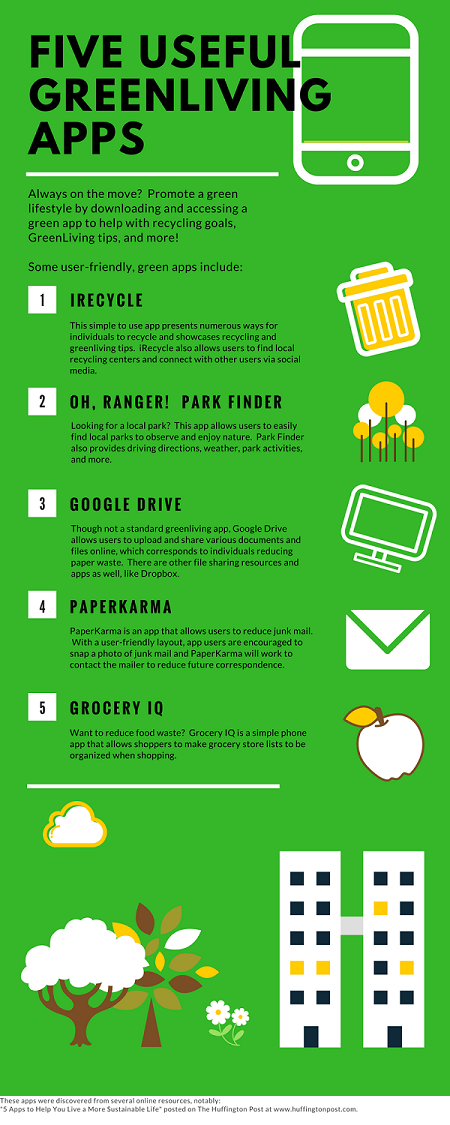Impact: Marine Debris, Part II
 |
| An example of an ecosystem. |
After reading our blog last week, you should have learned some direct environmental impacts of garbage and waste in the eco-system.
This week, learn about two "Indirect Environmental Impacts" of debris on the eco-system:
- Ecosystem Alteration: Anytime garbage or waste finds its way into the ocean or any landscape, the surrounding eco-system is altered. Animal and plant life are harmed an displaced as a result, but the effects don't end there. Even the effort to REMOVE debris can cause indirect negative impacts. The process of "beach raking" uses heavy machinery to remove garbage from beaches which in turn negatively harms the ecosystem.
- Invasive Species: Clearly, garbage and waste in the ecosystem is harmful. But not only is the actual garbage dangerous, but often this debris contains thousands of micro-organisms and invasive species. In a marine eco-system, the invasive species actually use waste as a raft, drifting from one eco-system to another.
The facts presented in this blog can be found in the article "Marine Debris Impacts" on the EPA website: www.epa.gov.



Comments
Post a Comment